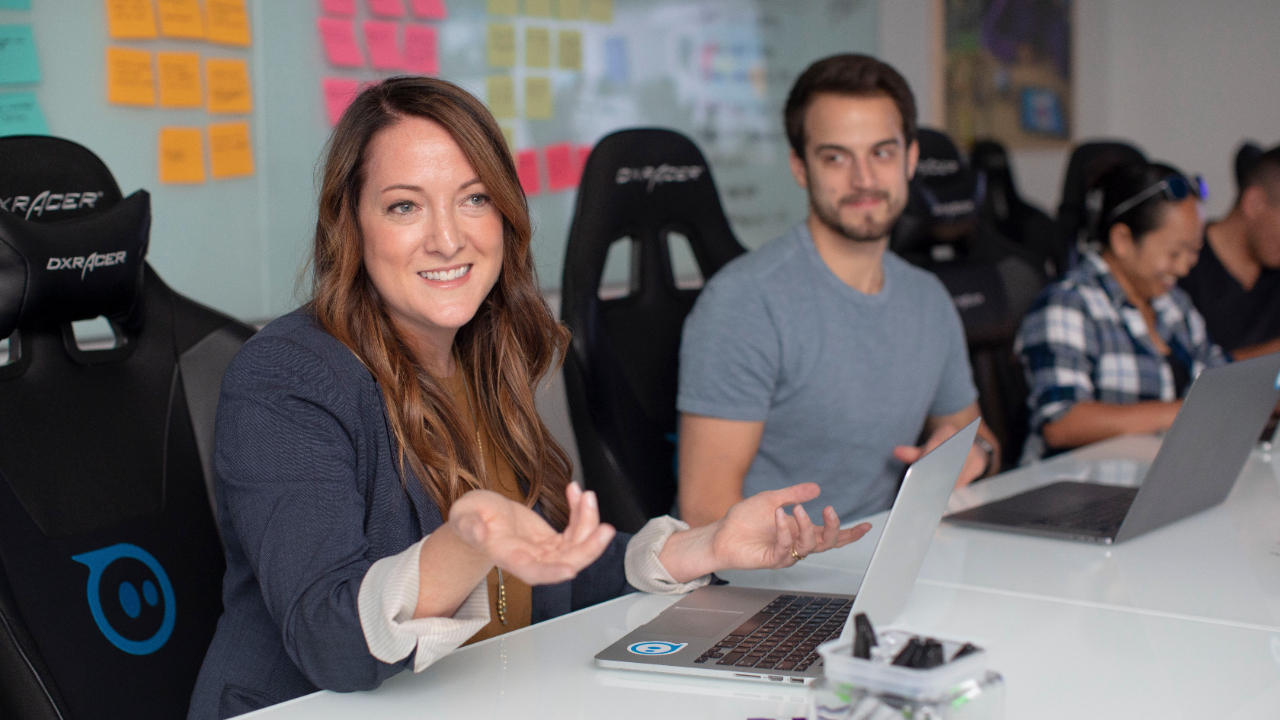Avinash Godkhindi went from banking to leading Zaggle, a fintech company, towards an IPO.
This episode is perfect for founders, fintech investors and business leaders who want to transition into tech.
In this episode you will learn:
- What business leaders need to know about tech to thrive in fi ...
There is no template for pricing apps or Software as a Service products, because each product is always a solution to a problem. Some problems are more important than others, and some are harder to solve.
But, you can use frameworks to decide what price to launch and how to iterate.
In this episo...
If you have an idea for an app or a tech business, but no tech skills to build it, this episode is for you.
You will hear from Natalie Kaminski, founder of Jet Rockets, whose development company works specifically with non-technical founders.
In this episode, you will learn:
- what insights non-...
Most products brought to market fail. Tech Entrepreneur Ash Maurya says this is "not because we can't complete what we set out to build, but because we waste time, money, and effort building the wrong product."
Maurya is the author of Running Lean: Iterate from Plan A to a Plan that works, and crea...
If you’re feeling guilty about switching on yet another streaming series, here are three shows you can watch to learn about tech in your downtime:
- General Magic - tells the tale of how a great vision and an epic failure changed the lives of billions. It is a documentary about the people and the t ...
Joining the advisory board of a promising tech start-up will teach you vital skills, build your network and transform your professional brand.
It is a great way to reshape your career, while still working in your current role.
Here is how to do it:
- Remember the difference between boards of dire...
If you want to have a great career today, you simply have to Speak Tech. But, taking courses is not enough. You must combine learning with smart actions to make your investment pay off.
Here are five action steps you can take today to thrive in the Tech Age:
- Get involved with a tech start-up:
A tech start-up begins its life with a tiny team. The founders are either technical or tech savvy, but as the company scales its team has to change.
Learn about the three stages of start-up team growth here.
Learning notes from this episode:
- At stage 1, the start-up is focussed on building its ...
To lead in the Digital Age, you need to become a Digital Collaborator. The best way to learn anything quickly is to put yourself in a situation where not doing it isn’t an option.
Listen to this episode to learn what you can do to start collaborating with tech teams and take your career to the next...
"One of the most common types of advice we give at Y Combinator is to do things that don't scale," says Paul Graham, Y Combinator founder. Recruiting users manually and getting feedback is what lets you build a scalable product.
Learning notes from this episode:
-
"The most common unscalable thi...
Today, I’m doing something a bit different. As our smart community grows, I know that some of you might not know much about me, my story or how I got into this tech thing.
That’s why today, I’m sharing a little bit about me.
I’m sharing this with you so that you can see that the confusion you feel...
Would you leave a high flying career in advertising to set up an adult content site? Most people wouldn't, but Cindy Gallop is not most people.
After leading one of the world's top advertising agencies, BBH in the United States. Cindy decided to try her hand at tech entrepreneurship. Her venture, M...















